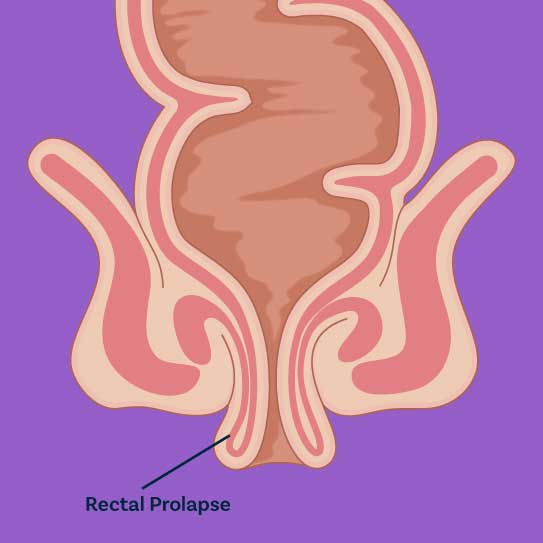How To Prepare For Rectal Prolapse Surgery?
To prepare for the surgery, your doctor may ask you to:
- Clean with a special soap- Before the surgery for rectal prolapse, your doctor can ask you to take a shower using antiseptic soap to help prevent germs on the skin from causing infection after the surgery.
- Stop taking certain medications- Depending on your procedure for rectal prolapse treatment, you may be asked to stop taking certain medications.
Risks And Complications Associated With Rectal Prolapse Surgery
Risks and complications after rectal prolapse surgery are relatively low. Also, most people do not experience painful side effects after undergoing surgery. However, any surgical procedure accompanies certain risks that patients should know. Some risks associated with rectal prolapse surgery include:
- Infection
- Bleeding
- Blood clots
- Injury to the surrounding organs
- Allergic reaction to the anesthetic
- Hemorrhage
- Damage to pelvic organs, such as the bladder or rectum
- Death of the rectal wall
- Recurrence of the rectal prolapse.
Post-Operative Care After Rectal Prolapse Surgery
Postoperative care is essential after rectal prolapse surgery. After the surgery, your proctologist will give you tips on preventing complications after surgery, and encouraging recovery. Listed below are some post-surgery care tips that you must follow:
- Rest as much as you can.
- Avoid heavy lifting or straining for some weeks.
- Don’t strain on the toilet.
- Take appropriate measures to prevent constipation, like eating high-fiber foods and drinking plenty of water.
- Contact your doctor immediately if you experience any unusual symptoms, like difficulties with urination, fever, heavy bleeding, or signs of infection around the surgical site.
- Attend follow-up appointments with your doctor.







![function at() { [native code] }](https://www.pristyncare.com/cms/wp-content/uploads/2021/07/rectal-prolapse.jpg)
